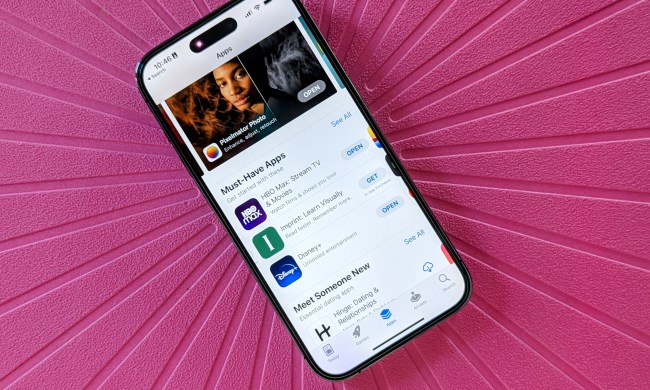
According to Google, the company took down more than 700,000 apps from Google Play because they violated Google’s policy. That’s a hefty 70 percent more apps than 2016. On top of that, Google was able to identify and remove apps earlier than ever — and Google notes that 99 percent of malicious apps were taken down before anyone installed them.
Google isn’t just targeting malicious apps — it is also targeting the developers behind them. That is especially true of repeat offenders on the Google Play store. Google has been working to create new detection models that can identify repeat offenders, even when those developers create new accounts — 100,000 developers were banned from the Google Play store in 2017.
There are a few common types of apps that pop up that violate Google’s policies, and the company highlighted a few of them in its blog post. For starters, it bans copycat apps — or apps that try to impersonate already popular apps. Popular apps are often searched on the Google Play Store, so apps that impersonate them may get a lot of search traffic — and hence a lot of downloads. That could mean that a lot of people download an app with malicious intentions.
Google also doesn’t allow apps with “inappropriate content.” That could include pornographic content, but it could also mean apps with extreme violence or those that promote hate or illegal activities of any kind. Google is leveraging its machine learning chops to identify these apps.
In general, it seems as though Google is slowly but surely tightening its grip on the Google Play Store but, ultimately, that is a good thing. What it means is that the billions of people who use an Android phone are more protected, and ultimately at a lower risk of having their device compromised, their identity stolen, and so on.


